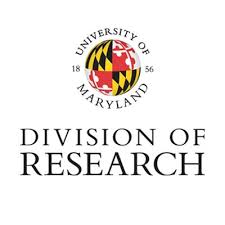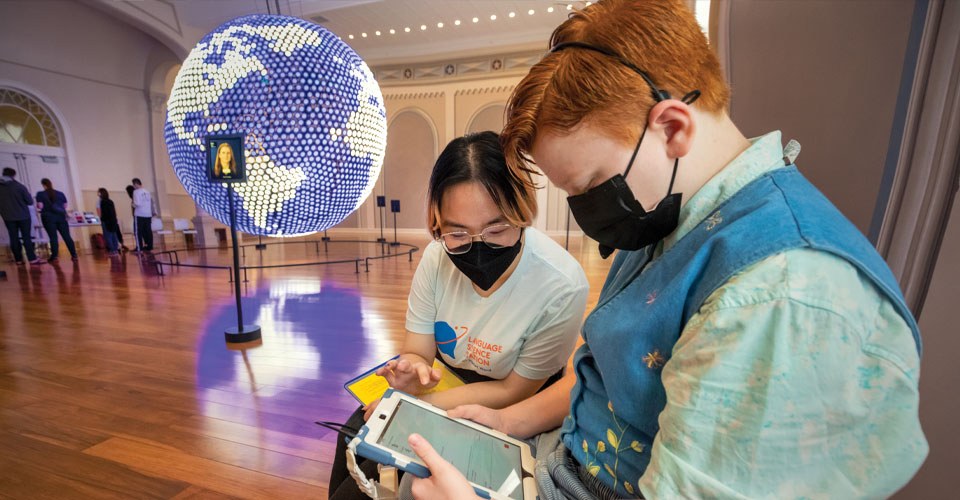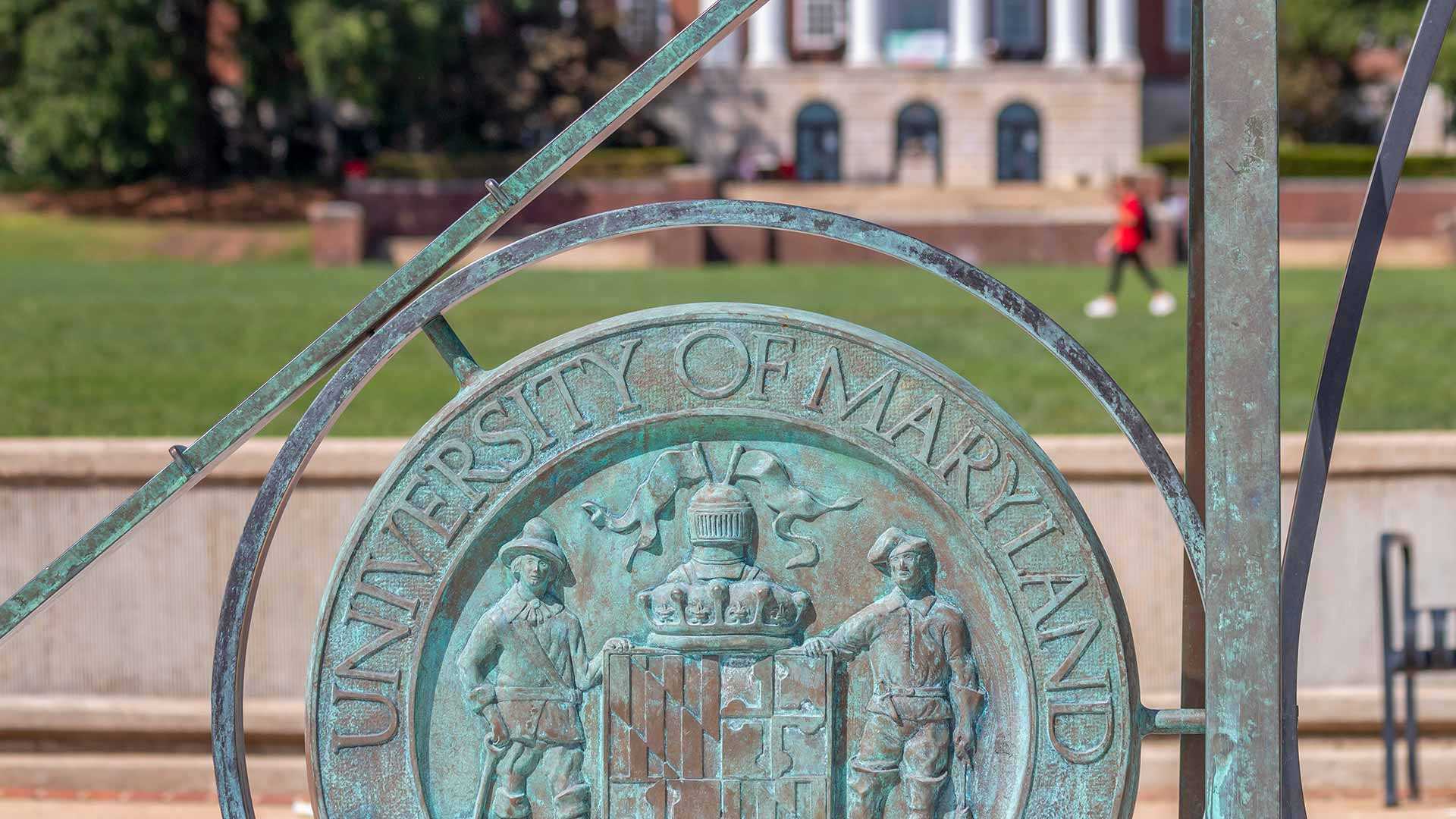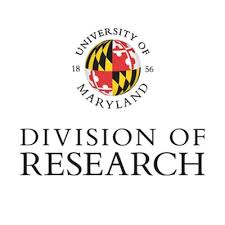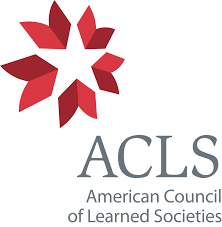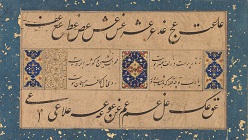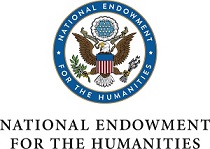Senior Vice President and Provost Jennifer King Rice and Vice President for Research Gregory F. Ball sent the following email today to faculty and staff:
It is with great enthusiasm and excitement that we provide this update regarding the Grand Challenges Grants program, which will provide up to $30 million in institutional investments to fund initiatives and projects designed to accelerate solutions to society’s largest and most complex problems.
In response to the call for proposals for Grand Challenges Institutional Grants, 24 letters of intent (LOIs) were submitted, involving 210 faculty and well over 100 staff from all 12 colleges and schools and several campus divisions. The proposed projects address critical issues such as climate change, literacy, democracy, sustainable environments, pandemic preparedness, and many others. Upon completion of the review process, nine proposals for Institutional Grants were selected to move forward to the next phase:
Maryland Initiative for Literacy & Equity (MILE)
PI: Donald Bolger (EDUC); Co-PIs: Colin Phillips, Juan Uriagereka, Kira Gor (ARHU); Rochelle Newman, José Ortiz, Nan Ratner (BSOS); Elizabeth Bonsignore (INFO); Jade Wexler, Jason Chow, Jeff MacSwan, Melinda Martin-Beltran, Maggie Peterson, Jennifer Turner, Drew Fagan, Kellie Rolstad, Rachel Romeo, Ebony Terrell Shockley, Ayanna Baccus, Christy Tirrell-Corbin, Susan De La Paz (EDUC)
Making the World of Digital Technologies Accessible for People With Disabilities
PI: Jonathan Lazar (INFO); Co-PIs: Paul T. Jaeger, J.Bern Jordan, Hernisa Kacorri, Amanda Lazar, Elizabeth Zogby (INFO); Ana Palla (DIT)
Center for Critical Urban Studies
PI: Willow Lung-Amam (ARCH); Co-PIs: Nancy Raquel Mirabal (ARHU), Devon Payne-Sturges (SPHL)
Addressing Climate Challenges for a Sustainable Earth
PI: Ellen Williams (CMNS); Co-PIs: Tatiana Loboda (BSOS); Timothy Canty, Sumant Nigam, James Farquhar (CMNS)
Pandemic Preparedness, Response, Management and Resilience Institute
PI: Sandra Quinn (SPHL) Co-PIs: Cynthia Baur, Donald Milton, Neil Sehgal (SPHL); Jelena Srebric (ENGR); Brooke Liu (ARHU); Spyridon Marinopoulos (UHC)
Global FEWture: Advancing Transformative Food-Energy-Water Solutions to Ensure Community Resilience in a Changing Climate
PI: Amy Sapkota (SPHL); Co-PIs: Yael Mishael (University of Jerusalem); Dina Borzekowski, Rachel Goldstein, Rianna Murray, Leena Malayil (SPHL); Shirley Micallef, Stephanie Lansing (AGNR); Gili Marbach-Ad, Xin-Zhong Liang (CMNS); Jennifer Cotting (ARCH); Allen Davis (ENGR); Thurka Sangaramoorthy (BSOS)
Center of Excellence in Microbiome Sciences
PI: Mihai Pop (CMNS); Co-PI: Stephanie Yarwood (AGNR)
Institute For Democracy Research, Education, and Civic Action
PI: Lena Scott (EDUC); Co-PIs: Michael Hanmer (BSOS); Sarah Oates, Rafael Lorente, Tom Rosenstiel (JOUR); Paul Brown, Nathan Dietz (SPP); Luke Butler, Doug Lombardi, Sarah McGrew, Lucas Payne Butler (EDUC)
Human-Centered AI Institute
PI: Hal Daumé III (CMNS); Co-PIs: Jordan Boyd-Graber, Huaishu Peng, Marine Carpuat (CMNS); Joel Chan, Hernisa Kacorri, Susannah Paletz, Katie Shilton (INFO); Eric Hoover (BSOS); Jing Liu (EDUC); Debra Shapiro (BMGT)
We want to thank each of the teams that took the time to submit a proposal for the Grand Challenges Institutional Grants. The review process was comprehensive. Each LOI was reviewed and evaluated based on the proposed initiatives' targeted grand challenge, potential for societal impact, scalability, measurability, and interdisciplinary collaboration with key partners and stakeholders. The high quality of the LOI submissions and the broad range of Grand Challenges initiatives that were proposed made the selection process very difficult.
The next step in the application process requires all nine teams to participate in a Grand Challenges Accelerator workshop to further refine their ideas. Teams will then develop a presentation for university leadership later this fall. Funding will be awarded in January to selected proposals, which could each receive up to $3 million in total support over the next three years.
The deadline for Team and Individual Project Grant proposals has been extended to Oct. 10. These grants will provide funding for teams and individuals to engage in innovative and impactful research, scholarship and creative activities designed to address grand challenges in service to humanity.
One major commitment in the University of Maryland Strategic Plan, Fearlessly Forward: In Pursuit of Excellence and Impact for the Public Good is to take on humanity's grand challenges. We look forward to supporting these important initiatives that demonstrate our capabilities to take on the greatest challenges of our time and move our state, nation, and world Fearlessly Forward.
Sincerely,
Jennifer King Rice
Senior Vice President and Provost
She/Her/Hers
Gregory F. Ball
Vice President for Research
He/Him/His

